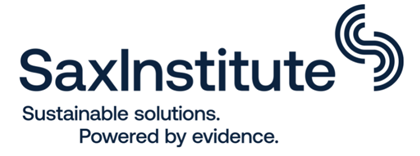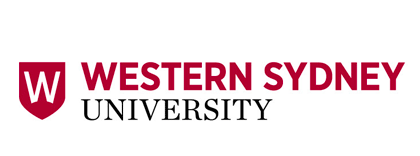Where appropriate, North Coast Collective will develop strategies that adopt decision-support technology, such as systems dynamic modelling and optimisation.




Systems dynamic modelling
Systems dynamic modelling looks at the behaviour of systems as inputs change. It recognises the complexity of the health system and helps us to understand the combinations of interventions and social determinants, that best influence outcomes.
The model incorporates best-practice evidence, community experiences, clinician and expert feedback, interventions and social determinants. This robust evidence can identify the optimum combination of drivers so we can efficiently achieve desired health outcomes.
Optimisation
Mathematical optimisation is a powerful technique that uses algorithms to identify the combination of projects and programs that will collectively deliver the greatest value for money, within budget and other constraints.
The North Coast Collective uses optimisation to ensure its investments achieve the greatest health outcomes .
Investment optimisation can be used to allocate expenditure across a portfolio by testing a large number of combinations to find the best return in terms of health outcomes.It can also ensure geographical and demographic equity, minimum service standards are met, and the closing of gaps in health outcomes.
The approach facilitates rapid scenario development and analysis, looking at tradeoffs that materialise under different investment constraints and criteria to understand the service area wide impacts of different funding scenarios.
